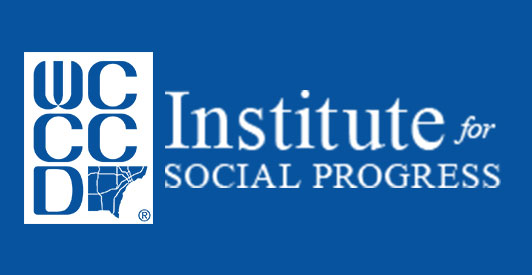New ‘State of the Science: Implicit Bias Review’ Released By Kirwan Institute
Posted On May 20, 2014

Recent research from the Kirwan Institute for the Study of Race and Ethnicity at The Ohio State University indicates that employers exhibit an unconscious bias that can compel individuals to favor those who are most similar to themselves when hiring, which ultimately leads to the tendency for bosses and HR personnel to hire, promote and seek out those who mirror attributes or qualities that align with their own. Terms associated with the “ingroup bias phenomenon” include “like-for-like,” fostering a “mini me” culture, finding someone who fulfills the nebulous and elusive notions of being a good “fit” for a given position, or identifying someone with whom you have “chemistry.”
Originally debuted in 2013, the Kirwan Institute’s first edition of its State of the Science: Implicit Bias Review explored the latest findings from cognitive psychology and neurology, which are sought after and put together by Kirwan Institute’s Research Associate Cherly Staats, concerning implicit biases and their impact on decision-making surrounding education, criminal justice and healthcare.
The institute’s newest report, which was released in April, takes implicit bias research one step further by applying collected scientific data to determine the impact it has on employment and housing.
Touted as the nation’s only annual report that publishes the latest findings from brain science research surrounding implicit biases, the Kirwan Institute’s mission for the State of the Science: Implicit Bias Reviewis to track new developments from both the academic realm and the public domain to update readers on emerging ideas and research in the field.
“Our research is designed to be actively used to solve problems in society,” said Kirwan Institute’s Research Associate Cherly Staats.
The Kirwan Institute for the Study of Race and Ethnicity, which is an inter-disciplinary institute at The Ohio State University, has been able to publish both their 2013 and 2014 reports by way of support from the W.K. Kellogg Foundation.
The State of the Science: Implicit Bias Review 2014 is available for download from the Kirwan Institute’s website: http://kirwaninstitute.osu.edu/implicit-bias-review/.

